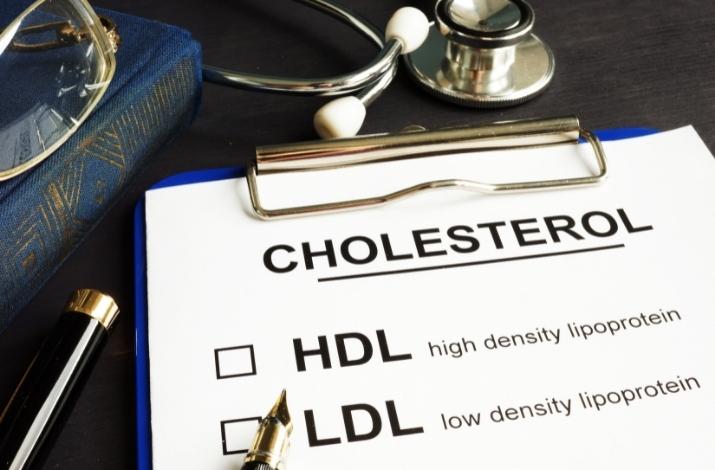The Little Known Benefits of LDL Cholesterol

LDL cholesterol is very misunderstood, and the ongoing misunderstanding (often deliberate) has caused us to wholly overlook its many roles in the body.
The standard and fear-invoking view is the role that it plays in transporting fatty molecules around the body, most especially triglycerides and cholesterol. Of course, the fear is that these fatty molecules get deposited in blood vessels and create the atherosclerotic plaques that cause heart disease. But that’s not the point of this article.
In addition to transporting lipids around the body, LDL cholesterol also transports harmful pathogens that stimulate inflammation and stimulate insulin resistance. Lipopolysaccharides (LPS) are molecules that are inherently part of a certain family of bacteria. What’s remarkable about LPS is that it is everywhere; LPS is found in the food we eat, the water we drink, and even, in some instances, the air we breathe[1]. Thus, LPS is a toxin that fits under both inhaled and ingested toxins.
As mentioned, LPS simply activates an inflammatory response, which involves inflammatory proteins moving throughout the entire circulatory system. However, LPS is detectable in the blood and, indeed, is higher in the blood of overweight and insulin-resistant individuals[2]. Thus, a lingering question is identifying just how and why LPS is able to get from the gut or lungs into the blood. Some evidence indicates that LPS is more readily absorbed from the gut with consumption of particular nutrients, such as when a person eats more fructose[3].
Regardless of how it gets there, once LPS is in the blood, we need to get rid of it. This is where LDL cholesterol once again becomes a hero. In addition to moving fats around, LDL cholesterol also plays an important role in “neutralizing” LPS. Specifically, LDL carries a protein called “LPS-binding protein”, which, as you might guess, physically binds the LPS. Once bound, LDL carries the LPS all the way to the liver, where the harmful material meets its demise–it is sent into the intestines and ultimately eliminated from the body [4,5].
Optimal immunity relies on numerous variables, but having an adequately high LDL cholesterol level appears to be an essential component. This is most certainly part of the reason for incredible loss of immunity that comes from low cholesterol. In fact, people with the lowest cholesterol levels are five times more likely to suffer life-threatening infections[6].
In the end, this is all certainly a reason to rethink what we know about LDL cholesterol. Rather than worrying about it, let alone trying to push it down with medications or very low-fat diets, it’s past time to appreciate the immune-boosting properties it possesses.
References:
- https://pubmed.ncbi.nlm.nih.gov/15356557/
- https://pubmed.ncbi.nlm.nih.gov/18000721/
- https://pubmed.ncbi.nlm.nih.gov/20823452/
- https://pubmed.ncbi.nlm.nih.gov/8064223/
- https://pubmed.ncbi.nlm.nih.gov/14754910/
- https://pubmed.ncbi.nlm.nih.gov/18000291/
This article is for informational and educational purposes only. It is not, nor is it intended to be substitute for professional medical advice, diagnosis, or treatment and should never be relied upon for specific medical advice.


















